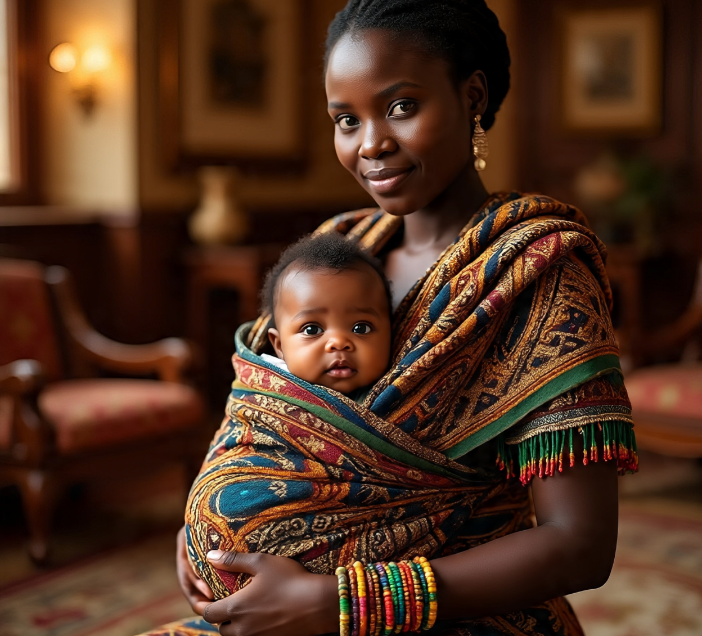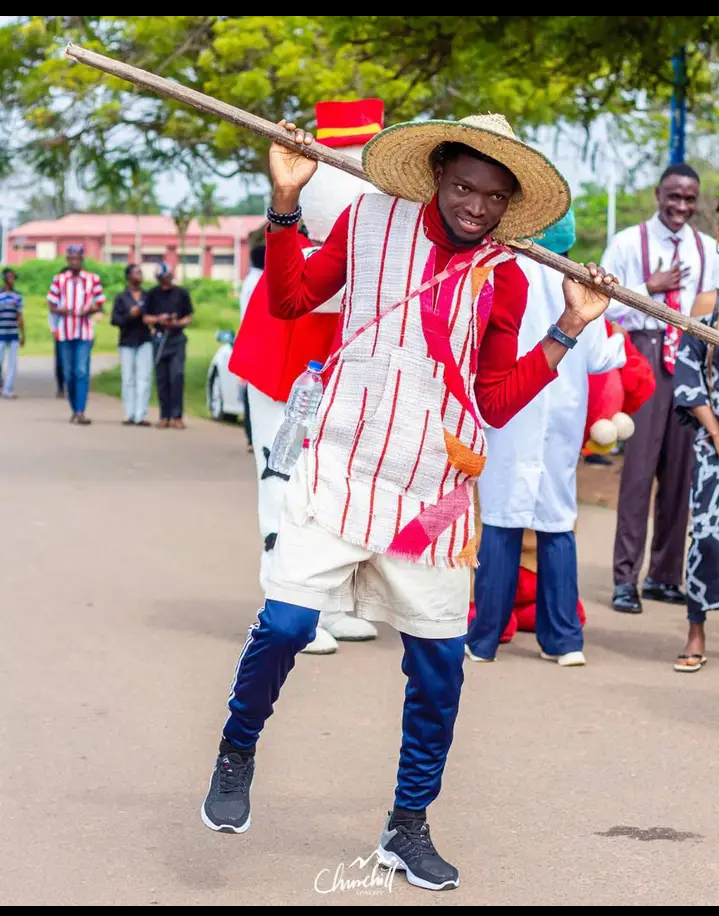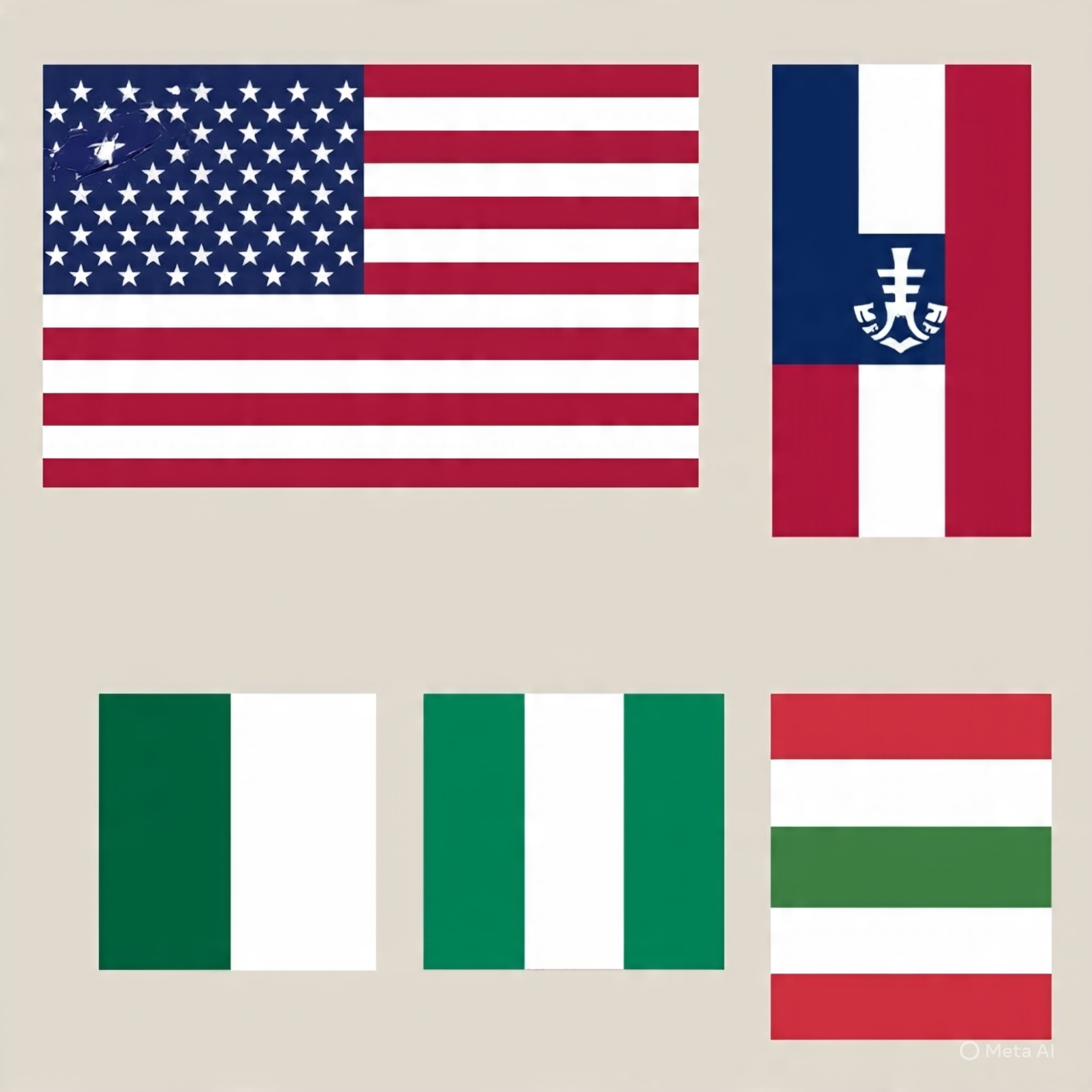
The Power of Motherhood in African Culture
In African culture, motherhood is revered as a symbol of social and cultural power, stability, and strength. Mothers play a vital role in shaping the beliefs and values of their families and communities, and their influence extends beyond the family to the community at large.
Key Aspects of Motherhood in African Culture
Motherhood in African culture is multifaceted and far-reaching. Two key aspects that stand out are spiritual significance and cultural leadership.
Spiritual Significance
Mothers are often associated with spiritual power and are believed to possess the ability to protect their children and ensure their success through prayer and offerings to gods and goddesses. This spiritual significance is deeply ingrained in African culture and is a testament to the revered status of mothers.
Cultural Leadership
In Igbo society (southeastern Nigeria), mothers are part of groups like the Ụmụada and Ndi Inyom, which give them a say in village matters. Similar cultural leadership roles are seen in other African societies, such as Ghana, where mothers play significant roles in traditional governance structures, like the Asante kingdom’s queen mother, who advises the king on important matters. In South Africa, mothers are revered for their wisdom and spiritual guidance, often serving as mediators in family and community disputes. In Kenya, mothers are believed to possess spiritual powers that enable them to protect their children and ensure their success.
The Unwavering Dedication of African Mothers
African mothers are known for their unwavering dedication to their children. From pregnancy to adulthood, and even beyond, mothers are fiercely protective of their children. They will stop at nothing to ensure their children’s well-being, safety, and success. In fact, African mothers are devoted to protecting and caring for their children from pregnancy till they are no longer dependent on them, and even then, the bond remains strong.
The Importance of Motherhood in African Culture
Motherhood in African culture is a powerful and revered institution. Mothers play a vital role in shaping the social, cultural, and spiritual fabric of their communities, and their influence extends far beyond the family. By celebrating and honoring African mothers, we can gain a deeper understanding of the importance of motherhood in African culture.
In conclusion, the power of motherhood in African culture is a testament to the strength and resilience of African women. Their unwavering dedication to their children and their communities is a shining example of the importance of motherhood in shaping the social, cultural, and spiritual fabric of African societies.





























